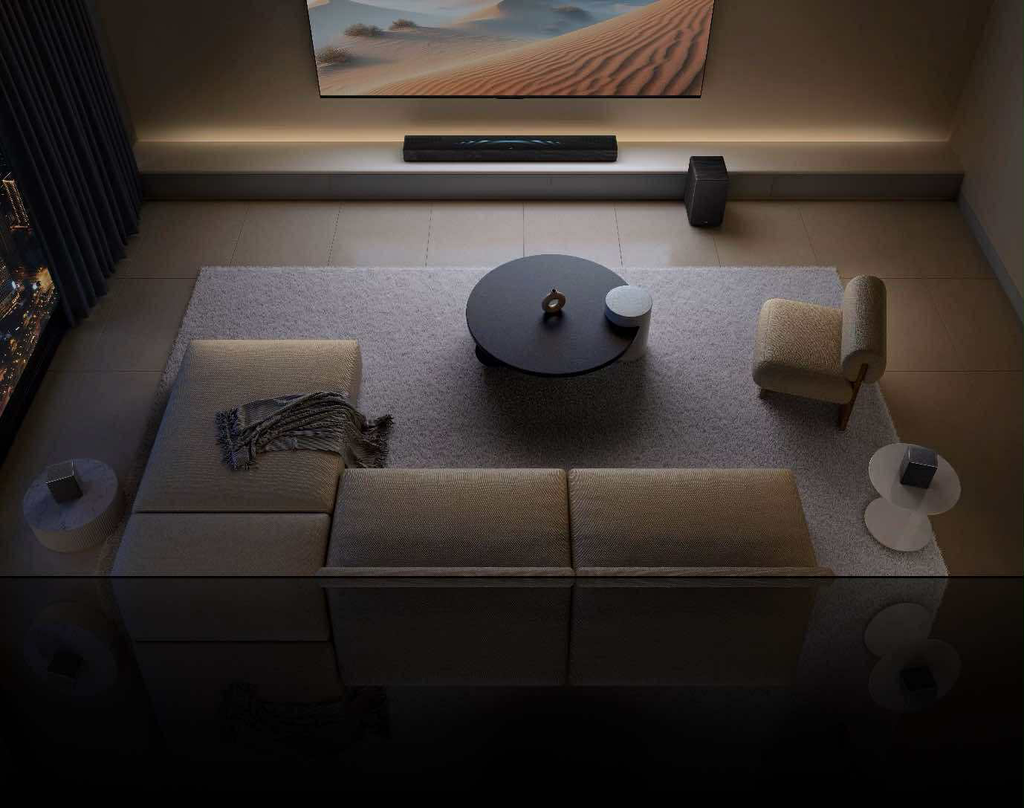- Matching (Score)
- Our verdict
- Competing TVs
- TV appearance
- Where to buy
- Contrast and black detail
- HDR effect quality
- Factory color reproduction
- Color reproduction after calibration
- Smoothness of tonal transitions
- Image scaling and smoothness of tonal transitions
- Blur and motion smoothness
- Console compatibility and gaming features
- Input lag
- Compatibility with PC
- Viewing angles
- TV efficiency during daytime
- TV features
- Apps
- Playing files from USB
- Sound
- Details about the matrix

Complete the survey to find out the result
Panel type: LCD VA Refresh rate: 144Hz Brand: TCL Resolution: 3840x2160 System: Google TV Model year: 2025
TCL C6K is one of the cheapest televisions featuring Mini-LED technology, created for those who want to experience the flavour of solutions known from premium models without spending a fortune. How did TCL manage to transfer high-end features to the budget segment? You can read about it in our review.
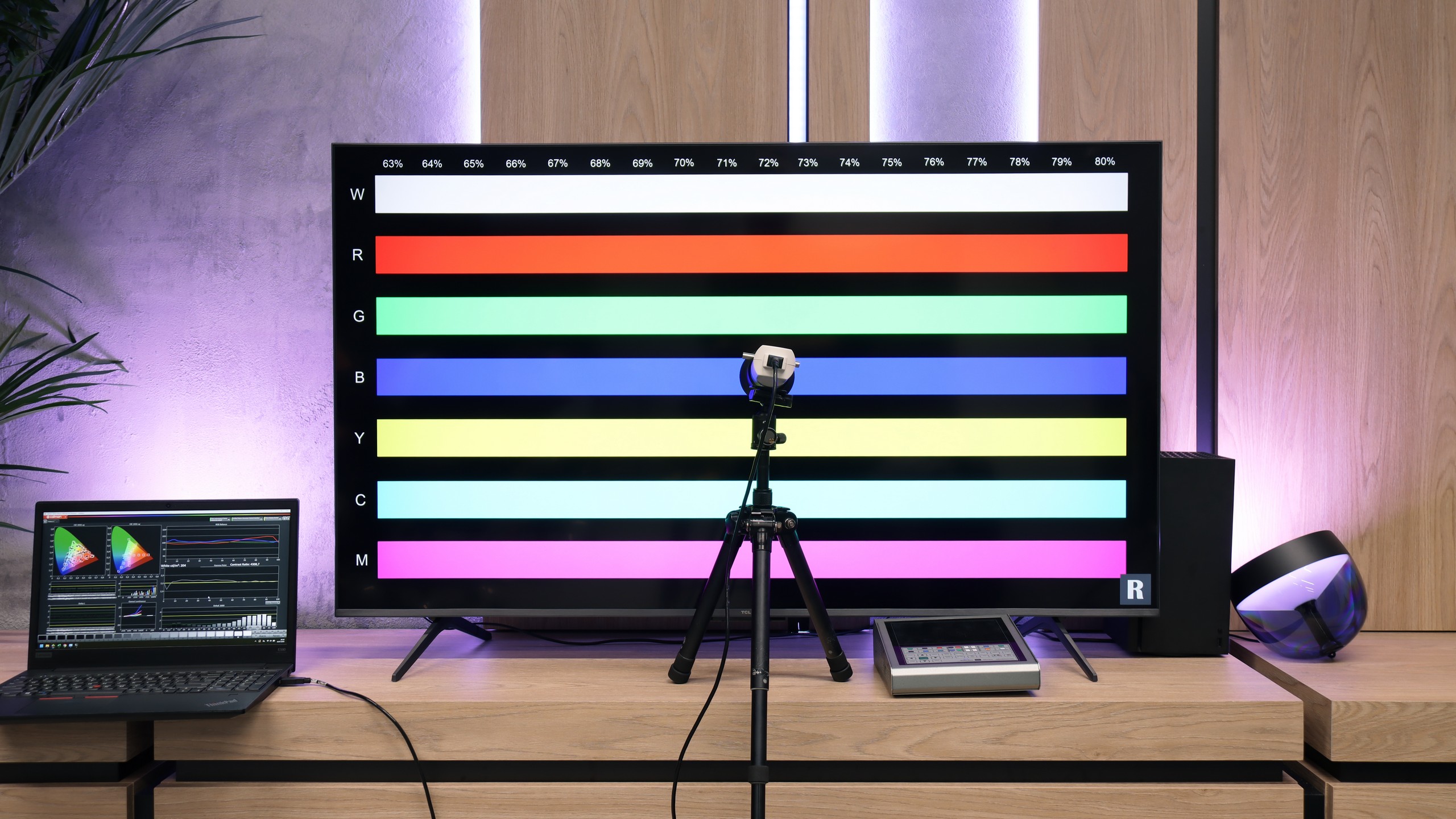
TCL C6K - Our verdict
7.1
Overall rating
The TCL C6K is a television for those who want to combine gaming and watching films with good contrast, while not spending a fortune. Thanks to the VA panel with Mini-LED backlighting, blacks are deep, and the contrast is high, making evening screenings truly impressive. Additionally, there is decent brightness, which combined with Dolby Vision allows films to take on a cinematic quality. The smoothness of the picture is also noteworthy – the 144Hz refresh rate works wonders for sports or dynamic games, and gamers receive a full package of extras: VRR, ALLM, HDMI 2.1, HGiG, and even a 240Hz mode on PC. On a daily basis, the television runs on Google TV, which offers a plethora of applications and the Gemini AI voice assistant, making it convenient and flexible to use. It’s also worth mentioning the sound – support for Dolby Atmos and DTS gives the impression that the device is ready not only for gaming. As is often the case, there are a few things that could be improved. The backlighting can lose details or illuminate blacks in challenging scenes, and Polish translations in the menu are sometimes so awkward that one has to ponder what they actually mean. Despite this, the overall performance stands out very well, and considering the price, the TCL C6K could be one of the more interesting choices for anyone looking for a versatile television for films, sports, and gaming. Especially when a good promotion comes along – and when TCL traditionally polishes the small details in updates.
Advantages
Very good contrast and black: VA panel and MINI-LED backlighting
Good motion smoothness: High refresh rate of 144Hz
Not bad brightness of the panel
Many features for gamers: VRR, ALLM, HDMI 2.1, HGiG
Additional mode for PC gamers: 240Hz
Google TV system with a wide selection of applications
Support for multiple HDR formats including Dolby Vision
Support for Dolby Atmos and DTS
Very attractive price
Disadvantages
Managing the backlighting could be better
Language errors in the system
Movies and series in UHD quality
6.7
Classic TV, YouTube
6.6
Sports broadcasts (TV and apps)
6.3
Gaming on console
8.4
TV as a computer monitor
8.6
Watching in bright light
6.4
Utility functions
7.0
Apps
9.6
Sound quality
6.5
Complete the survey to find out what fits your preferences
TCL C6K - Competing TVs in this price range
TCL C6K - TV appearance
HDMI inputs: 2 x HDMI 2.0, 2 x HDMI 2.1 (48Gbps) Outputs: Toslink (Optical audio), eARC (HDMI), ARC (HDMI) Network Interfaces: Wi-Fi 2.4GHz, Wi-Fi 5GHz, Ethernet (LAN) 100Mbps
Build quality: Good
Stand type: Legs
Kolor ramki: Graphite
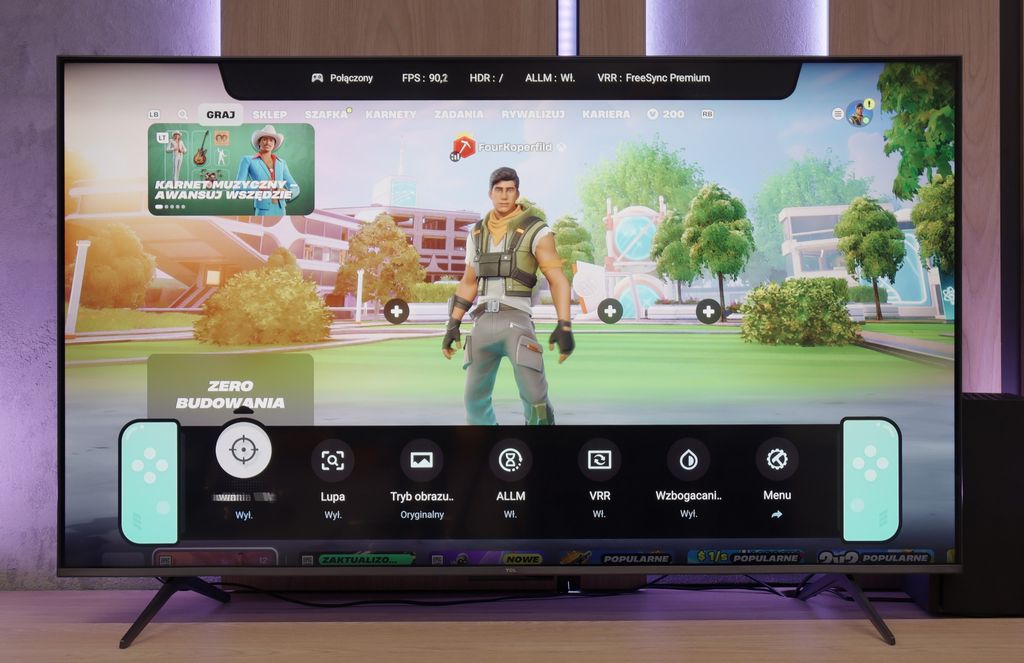
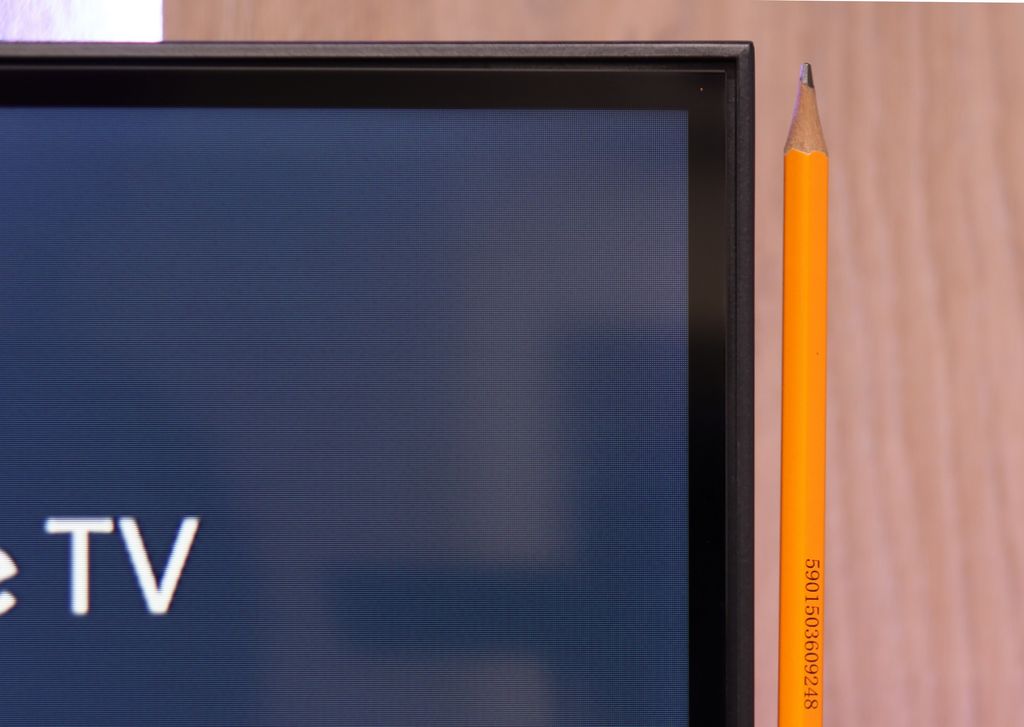
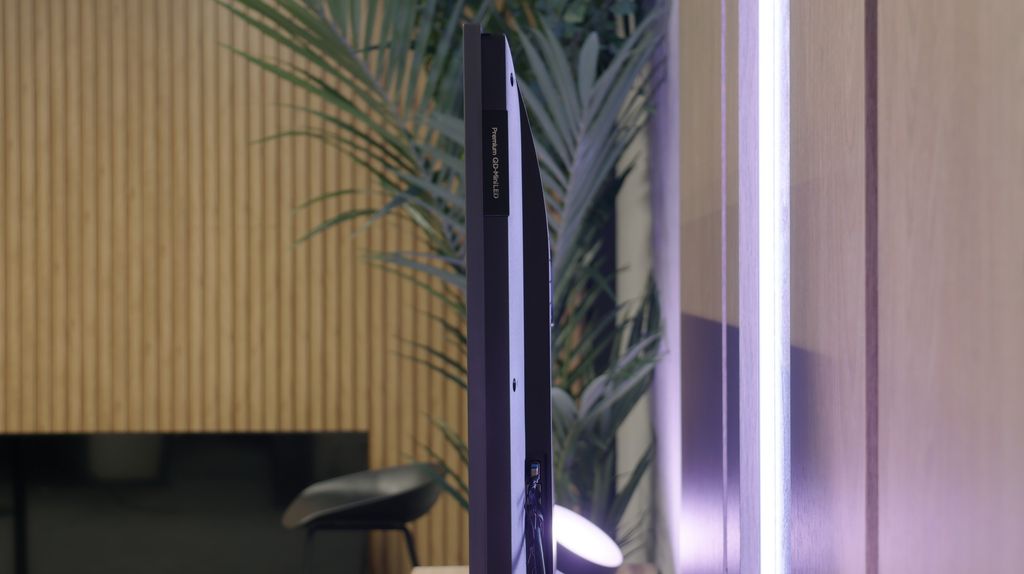
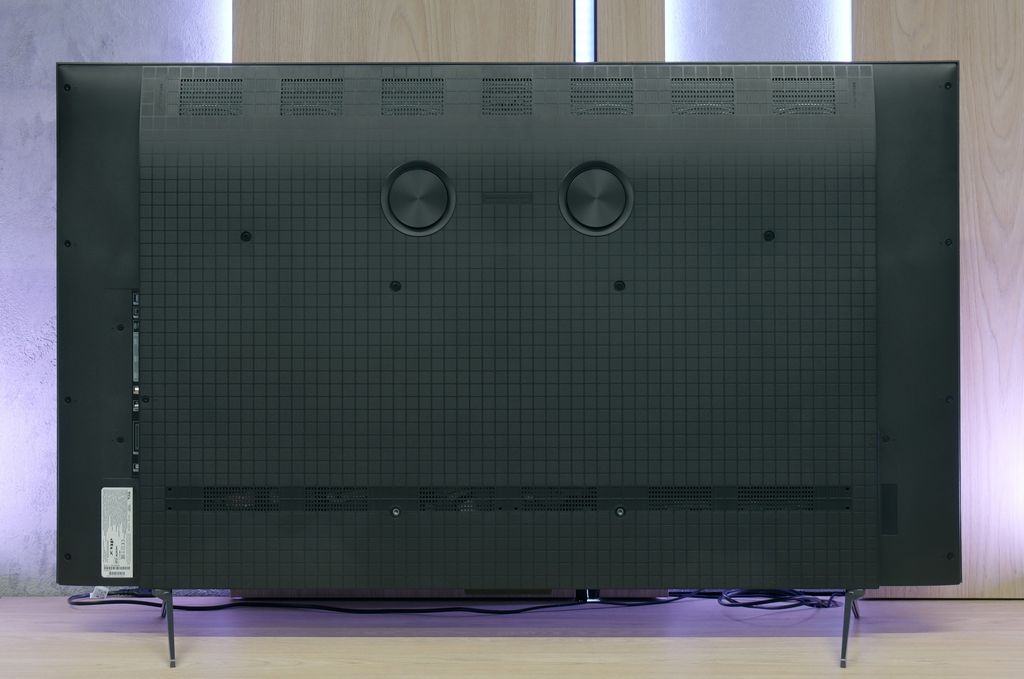
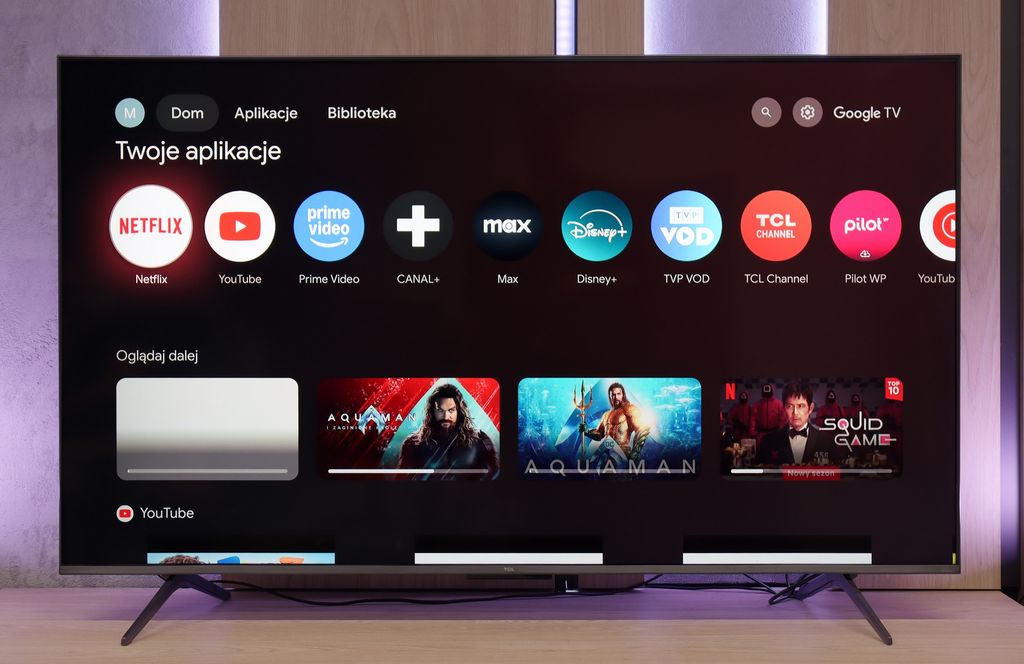
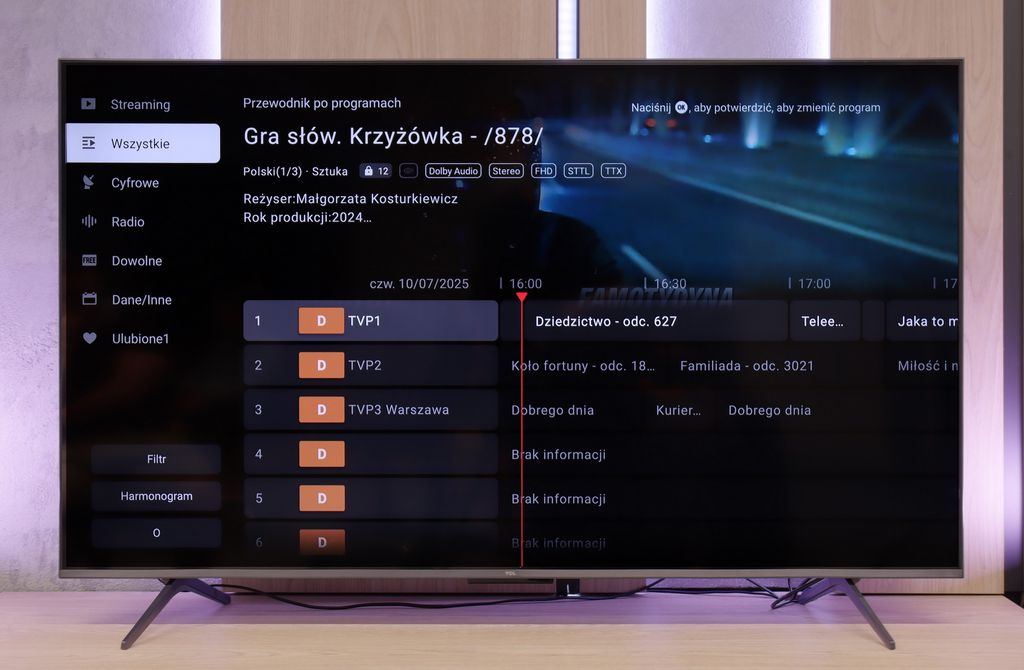
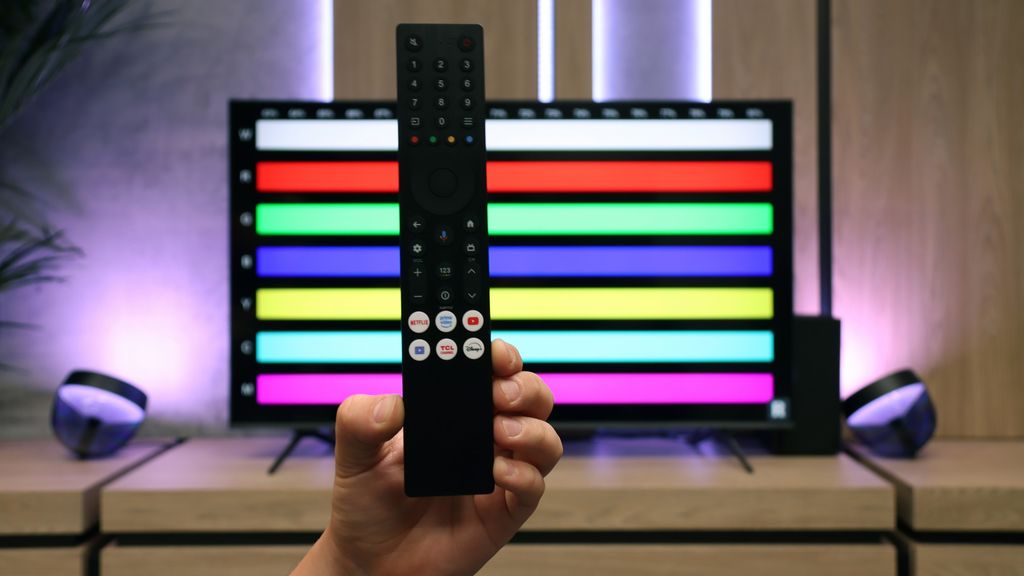
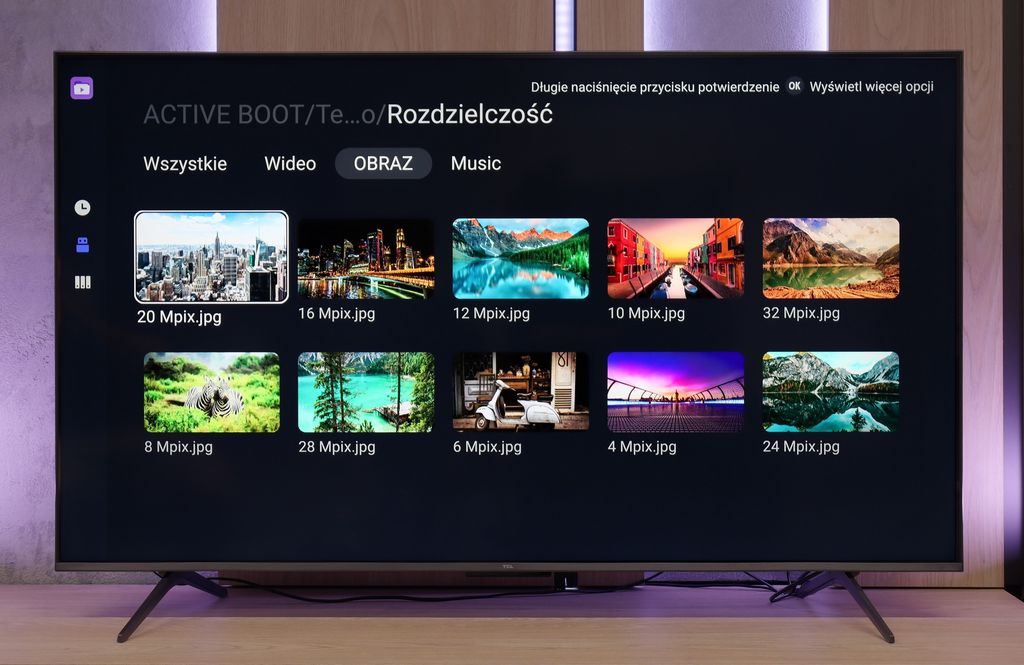
- Regulacja podstawy: stand-Fixed
- Montaż na płasko: Yes
- Akcesoria: accessories-Stand
At first glance, the TCL C6K looks like most modern televisions – a slim design with a thin bezel around the screen and a slight bulge at the bottom. Although it is a model from the affordable segment, the manufacturer has made an effort with a few accents that set it apart from the competition. A distinctive element in the top right corner, known from more expensive series, has been cleverly hidden behind the bezel this time, giving the whole a somewhat different character. At the back, the television is flat, allowing for an aesthetic effect of an almost flush-mounted panel when hung on the wall. It's hard to have any reservations about the workmanship here.
Buy in the best price
Select size:
TCL C6K - Contrast and black detail
7.3/10
Local dimming function: Yes, number of zones: 180 (10 x 18)
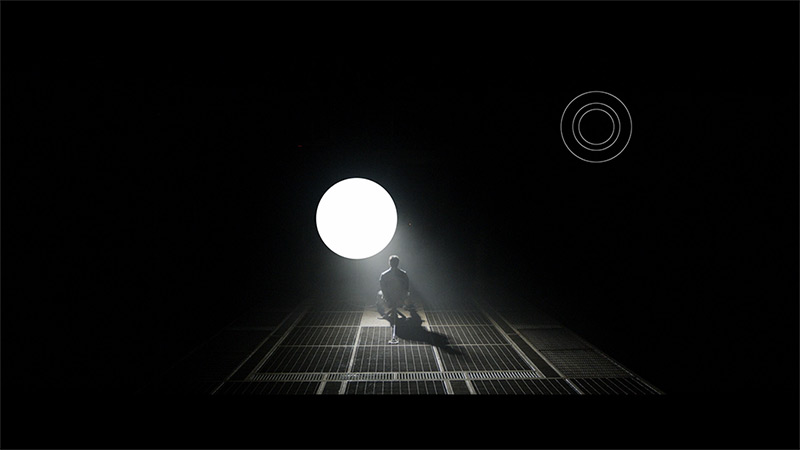
Result
114,000:1

Result
17,300:1
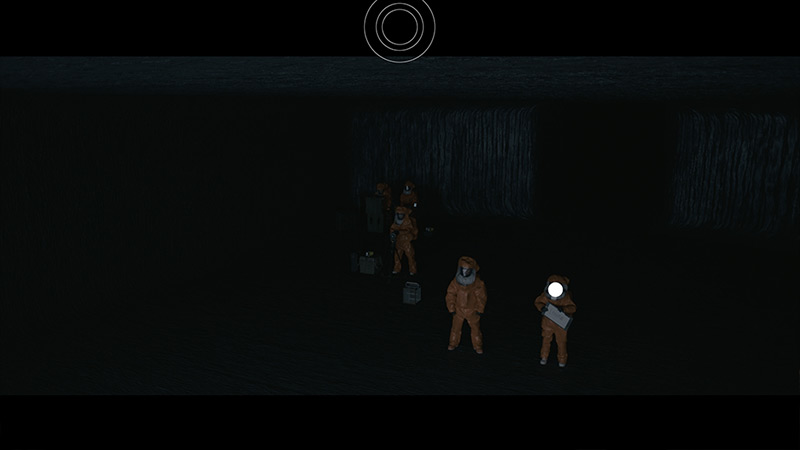
Result
16,200:1

Result
9,900:1
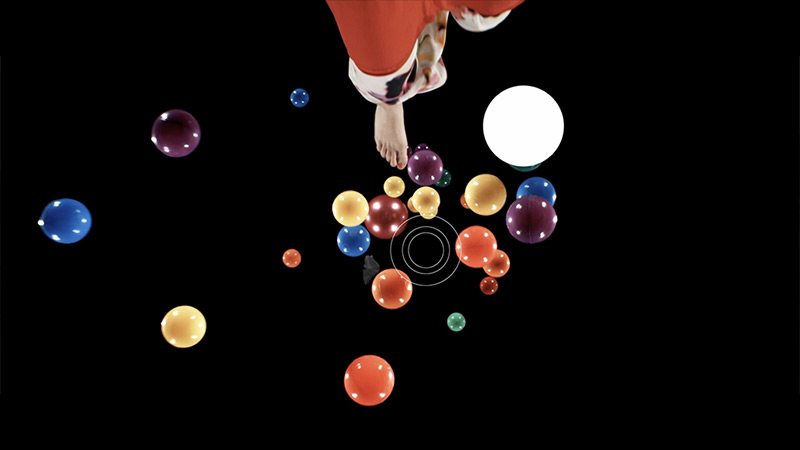
Result
4,850:1
Visibility of details in the lights:

The TCL C6K is based on a VA panel, more specifically an HVA manufactured by TCL CSOT, which in itself provides solid native contrast at a level of 6000–7000:1 without the use of local dimming. However, the real strength of this model lies in the Mini-LED backlighting that allows for the dimming of individual zones. In the tested 55-inch version, we counted around 180 of these zones, and with an increase in diagonal size, this number naturally grows. For a television in this price segment, the contrast is truly impressive. In simpler film scenes, such as segments from "Oblivion," it performs excellently, and shots completely bathed in black make a great impression. Of course, due to the nature of Mini-LED technology, it is not always possible to avoid issues – in more challenging frames with many bright details, halo effects may appear or some elements may be dimmed too much (regardless of local dimming settings). Nevertheless, contrast can be considered a strong point of the C6K.
Halo effect and black detail visibility:
TCL C6K - HDR effect quality
4.9/10
Supported formats: HDR10, HDR10+, Dolby Vision, Dolby Vision IQ, HLG Color gamut coverage: DCI P3: 92.6%, Bt.2020: 71.3%
Luminance measurements in HDR:

Result
612 nit

Result
202 nit
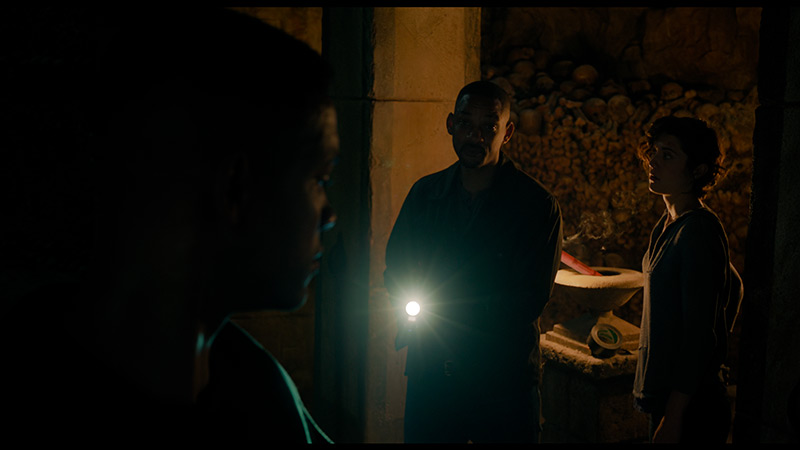
Result
424 nit

Result
144 nit

Result
587 nit
TCL C6K is a moderately bright television that can showcase its full potential under the best cinematic conditions – the maximum brightness is around 600 nits. In scenes with large, intense light sources, the HDR effect can be truly satisfying, providing a sense of cinematic sparkle. However, it is important to remember that when managing backlight zones, there are occasions where some elements are dimmed, and at times become barely visible. It is clear that there is a lack of proper algorithm optimisation here, although looking at the technical parameters in this price range, the overall construction performs exceedingly well.
Scene from the movie “Pan” (about 2800 nits)

Scene from the movie “Billy Lynn” (about 1100 nits)

Based on the numbers and test results, we didn't expect much from the TCL C6K, but the final effect turned out to be significantly better than one might assume. In film scenes that often appear on streaming platforms – such as clips from the film Billy Lynn – and even in productions mastered to around 4000 nits like Mr., the picture presented itself surprisingly well. Yes, the highest brightness values were naturally diminished compared to the reference effect, due to the limitations of the panel itself, but the whole scene was rendered with great precision and accuracy. We also did not notice any undesirable blending of details in challenging segments, such as the fireworks in Billy Lynn.
HDR luminance chart:
Luminancja HDR
Luminance of RGB colors
During testing, we noticed that in the case of static HDR10, the TCL C6K does not always perform perfectly. This is most evident in scenes flooded with bright white – such as the test card featuring horses – where the panel's limited brightness leads to a loss of some details and a flattening of the image. Fortunately, the television supports virtually all the major HDR formats, including the extremely popular Dolby Vision. In this mode, thanks to dynamic metadata, the picture gains a whole new quality. As shown by the comparison in the test photos, the same scene looks significantly better – details are preserved, and the contrast and lighting gradation appear natural and much closer to the intended effect of the creators. It is the support for Dolby Vision that allows the C6K to pleasantly surprise in everyday use!
Static HDR10

Dynamic: Dolby Vision

Factory color reproduction
5/10
In this year's TCL televisions, the Filmmaker mode has appeared, and it must be admitted that it is definitely the best choice straight out of the box. This is the mode we recommend for daily watching of films and series. Unfortunately, as is often the case, the best does not mean perfect. In the case of SDR content, the image was too warm, as the red was quite pronounced in the white balance. Conversely, with HDR content, we had the opposite impression – the image became cooler than it should have been due to an excess of blue. Additionally, the brightness characteristics sometimes led to overexposure. In practice, this resulted in quite noticeable errors in colour tests, which are difficult to accept in a mode advertised as "from the creators."
Color reproduction after calibration
7.5/10
Thanks to the white balance adjustment, it was possible to significantly reduce the C6K's tendency to distort colours, which translated into a very good final result. After calibration, we will no longer observe the effect of excessive warmth in SDR scenes or overly cooling the image in HDR. However, it is worth taking a closer look at the brightness characteristics. In SDR content, it is difficult to have major objections – the image looks really good, especially in older films, television programmes, or materials from YouTube. It fares much worse in the case of HDR content. An analysis of the EOTF curve suggests that everything is fine, but in practice (EOTF in films), the limitations of the design become apparent. The television tends to over-brighten the smallest parts of the frame, and in other situations, it can dim an entire scene too much. The effect of calibration is therefore evident, and in terms of colour, the C6K has gained quite a lot, but certain limitations arising from local dimming and, in fact, from its management by the C6K simply cannot be overcome.


TCL C6K - Smoothness of tonal transitions
9.5/10
The transitions between colours in the C6K are very smooth, and it is hard to fault any banding. The image looks natural, and any minor imperfections can only be noticed on bright test patterns – and that with really careful viewing. In everyday use, the effect is simply excellent, and one can confidently say that in this category, the C6K performs remarkably well.








Image scaling and smoothness of tonal transitions
5/10
Smooth transition function

Image without overscan on the SD signal

TCL C6K performs quite well in terms of scaling. Lower quality materials look acceptable, and the absence of overscan issues means that the image is displayed in full, without cropping. However, one cannot expect miracles – very low-quality content will not gain a new life here, as the image processor has its limitations. On thin lines or details, there is a noticeable characteristic jerking, which reveals the lack of advanced image enhancement algorithms. It is also a pity that the C6K lacks the feature for smoothing tonal transitions – in older films or video materials, colour banding can be noticeable and can be distracting during longer viewing sessions.
TCL C6K - Blur and motion smoothness
7.3/10
Maximum refresh rate of the panel: 144Hz
Film motion smoothing option: Yes
Blur reduction option: Yes
BFI function 60Hz: Yes, 120Hz (double contours)
BFI function 120Hz: Yes, 240Hz (double contours)
Brightness drop with BFI: 20%
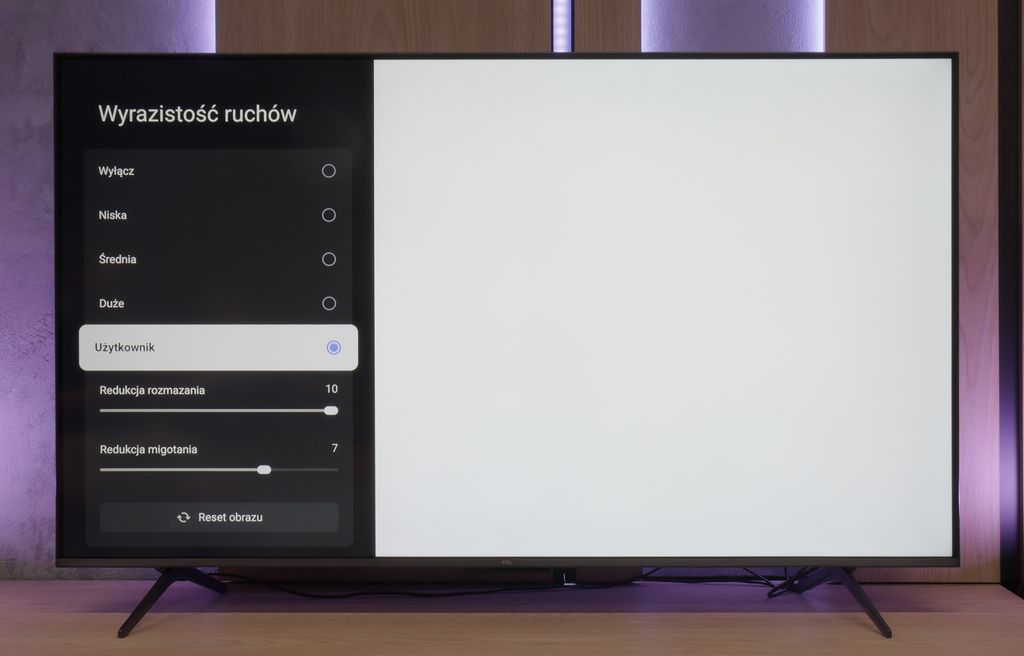
The TCL C6K utilises a 144 Hz panel, which is a significant advantage in this price range. This is an important step forward compared to the previous model, the C655 PRO, which only offered 60 Hz in 4K. The difference is especially noticeable when watching sports or gaming – the ball, players, or fast action in a game are shown more clearly and without losing details. Interestingly, the panel can also operate at 240 Hz, which the manufacturer does not mention in the official materials. We will return to this topic when discussing the PC gaming mode.
TCL has also added a feature for those watching films: "Motion Clarity", which allows users to adjust the image to their liking using two simple sliders. One can either keep the film frame visible or opt for a very smooth, almost theatrical effect. This way, everyone can find settings tailored to their taste.
Blur (native resolution, maximum refresh rate):



Blur (BFI function enabled):



Against the backdrop of the higher model C7K, it is evident that the C6K has slight issues with smearing. During our "UFO" test, a subtle halo trailed behind the moving object, revealing the panel's limitations. Does this significantly interfere? That is a matter of personal preference – some might barely notice it, while others will catch it immediately.
TCL tried to circumvent this issue by adding the BFI function. In theory, it is supposed to improve motion sharpness, but in practice, it results in a double contour effect, and the smearing remains visible. Although the drop in brightness when BFI is activated is slight, the gains from this function are so minimal that it is difficult to recommend its use.
TCL C6K - Console compatibility and gaming features
9.8/10
ALLM: Yes
VRR: Yes
VRR range: 48 - 240Hz
Dolby Vision Game Mode: Yes
Correct implementation of HGIG: Yes
1080p@120Hz: Yes
1440p@120Hz: Yes
4K@120Hz: Yes
Game bar: Yes
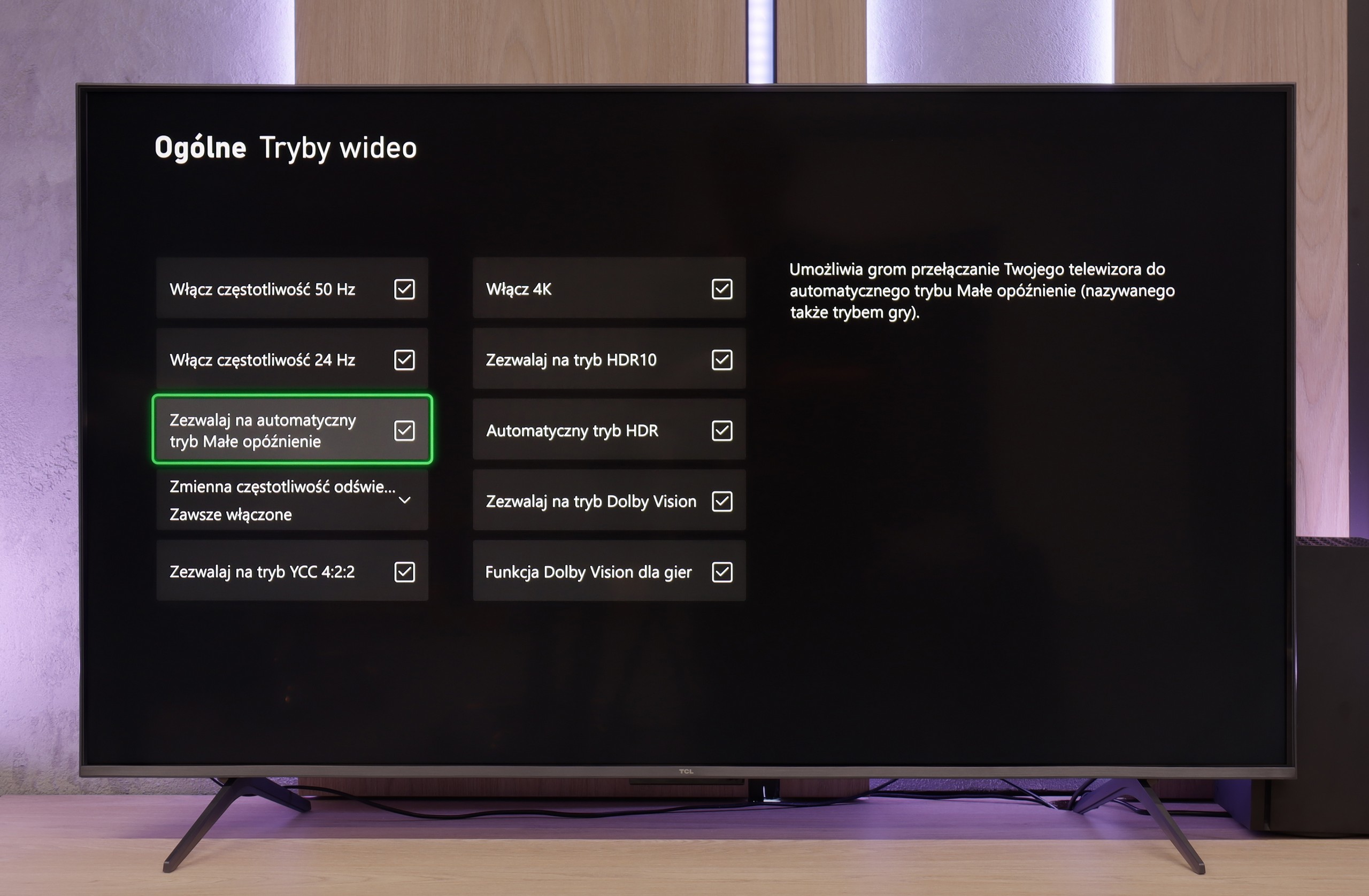
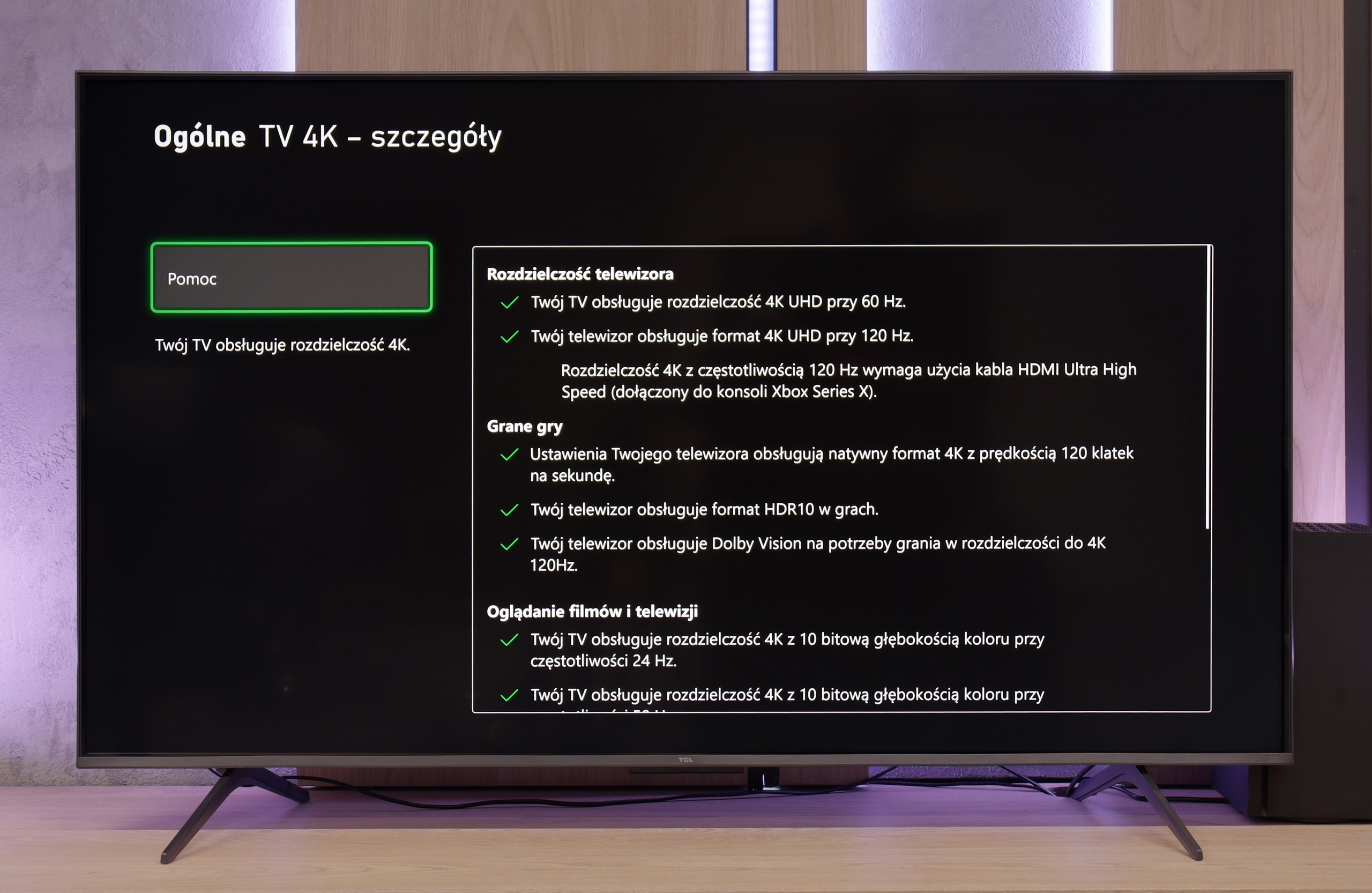
The TCL C6K is a television that can confidently be described as equipment designed with gamers in mind. Here we have 4K at 144 Hz, VRR support, automatic game mode (ALLM), and Dolby Vision Gaming. Additionally, there is a practical Game Bar, which is a panel with the most important settings easily accessible – useful when we want to quickly change something during gameplay (e.g. screen aspect ratio: Yes, it can be done!). The wide range of VRR is also noteworthy, reaching up to 240 Hz. However, this option is primarily for PC gamers who will drop the resolution below native 4K. At that point, the television can spread its wings and demonstrate extra fluidity, especially in fast-paced esports titles. In the case of consoles, we stick to the classic limit of 120 Hz, but the possibilities are still really broad. The only drawback might be slight ghosting, which can sometimes be seen in dynamic scenes. Apart from that, though, the C6K offers everything that gamers expect from a television.
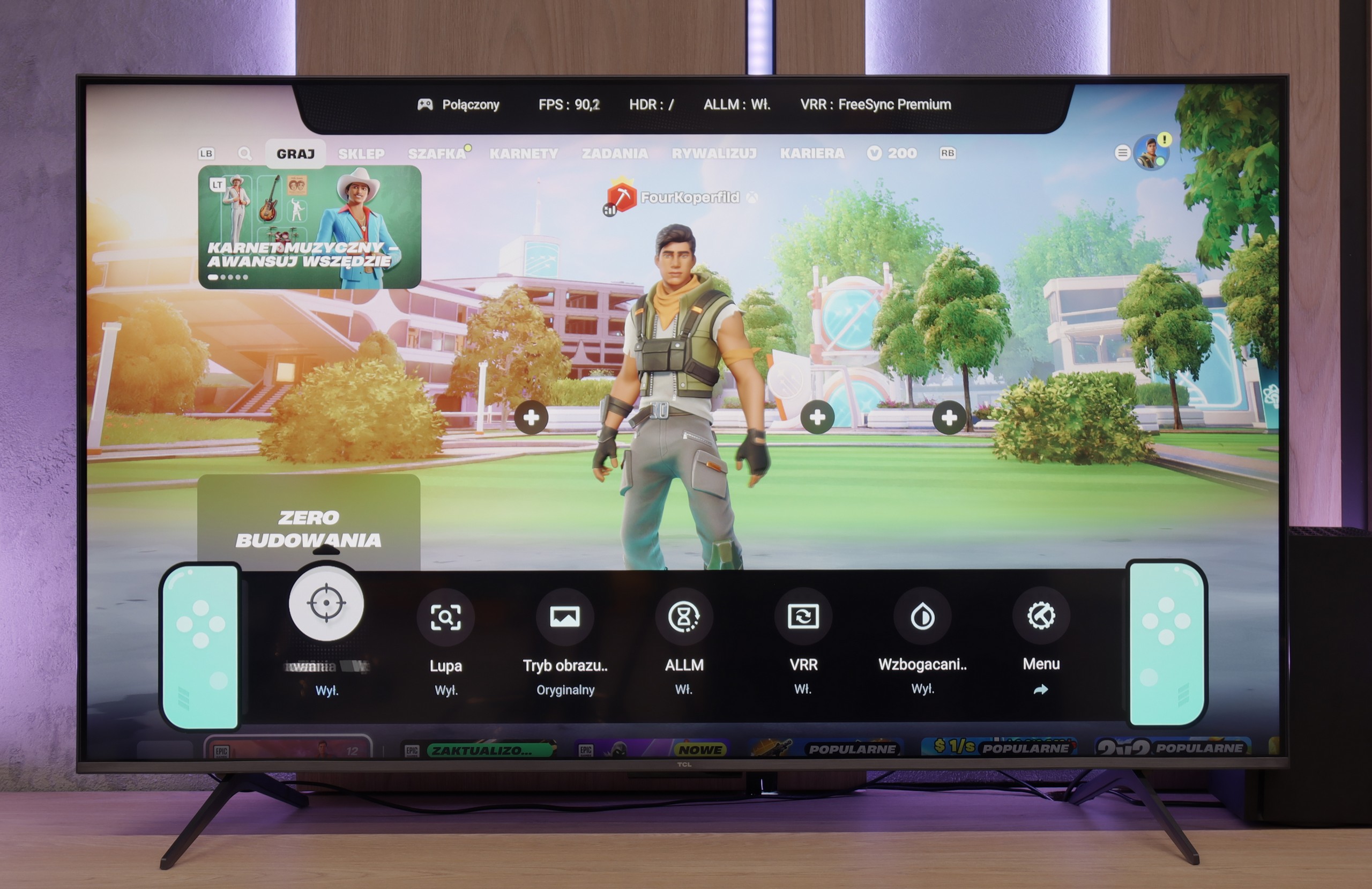
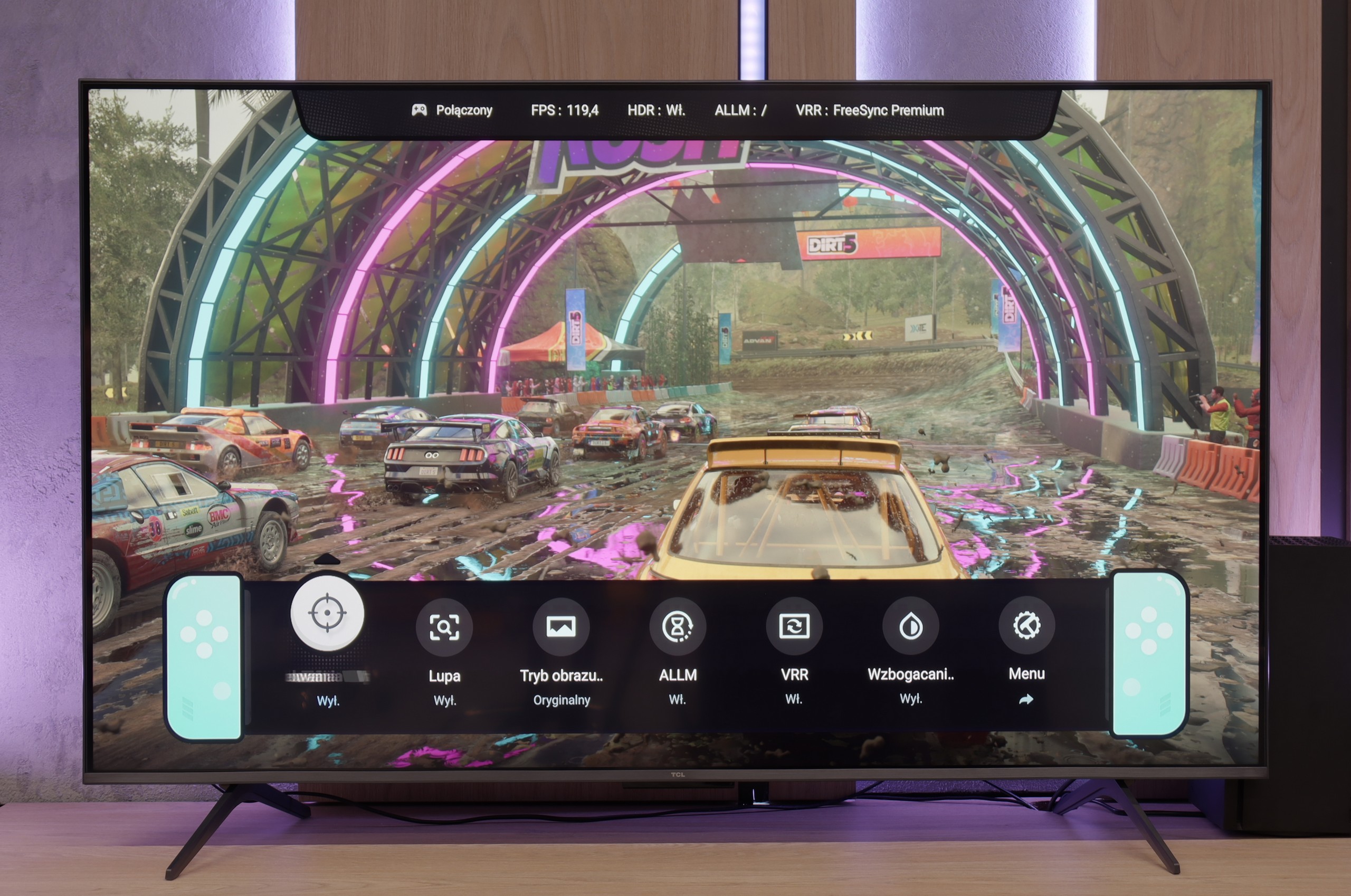

TCL C6K - Input lag
9.7/10
In terms of input lag, the TCL C6K performs exceptionally well. With 120 Hz content, the latency is around 10 ms, and at times even less. This is a level at which the response is practically instantaneous, and it is difficult to find any issues. With 60 Hz materials, the result is around 18 ms – still a very good outcome, entirely sufficient for comfortable gaming.
| SDR | HDR | Dolby Vision |
|---|---|---|
| 1080p60: 18 ms | 2160p60: 18 ms | 2160p60 DV: 18 ms |
| 1080p120: 10 ms | 2160p120: 10 ms | 2160p120 DV: 9 ms |
| 2160p60: 18 ms | ||
| 2160p120: 10 ms |

TCL C6K - Compatibility with PC
8.6/10
Chroma 444 (maximum resolution and refresh rate): Yes
Font clarity: Good
Readability of dark text and shapes: Very Good
Input lag in PC mode (4K, maximum refresh rate): 11ms
Matrix subpixel arrangement: BGR
Max refresh rate: 144Hz
G-Sync: Yes
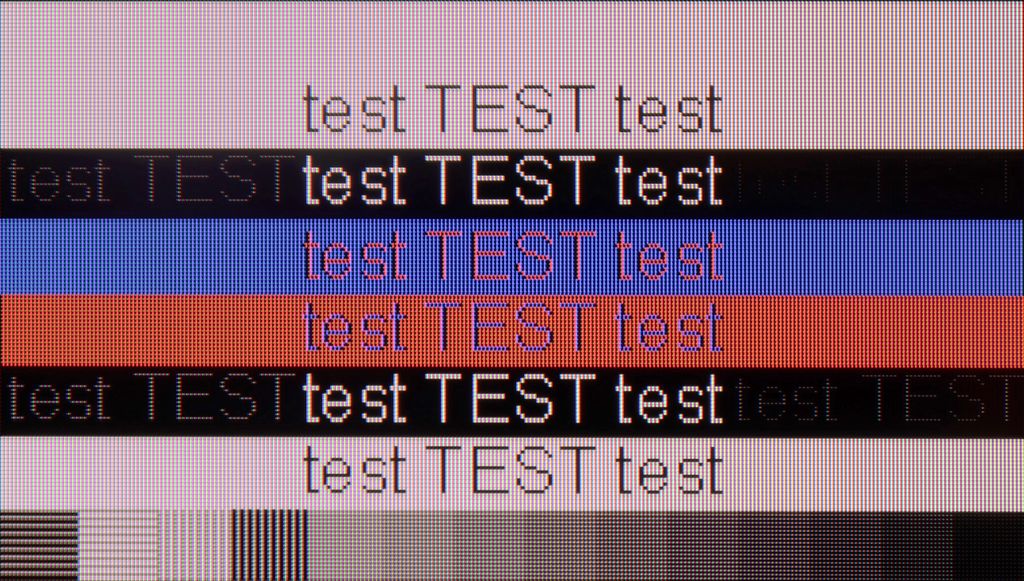
After connecting to the TCL C6K computer, it performs wonderfully. At its native resolution, we have 4K at 144 Hz, and if we lower the resolution, it can even reach 240 Hz. Additionally, the television communicates well with Nvidia and AMD cards – it supports both G-Sync and FreeSync. It's also difficult to criticise for office work. Fonts are sharp and readable thanks to 4:4:4 chroma support, and any minor imperfections are so small that they simply go unnoticed during normal use.
TCL C6K - Viewing angles
3/10
Brightness drop at an angle of 45 degrees: 79%
In the TCL C6K, the viewing angles are typical for a VA panel. Sitting directly in front, the picture looks very good, but any shift to the side results in a noticeable drop in colour saturation and brightness. The difference is particularly evident in colourful scenes – the hues become washed out, and the contrast loses its depth. Compared to IPS panels, this is a clearly weaker performance, although the trade-off is better black levels and higher native contrast – “you win some, you lose some.”
TCL C6K - TV efficiency during daytime
6.4/10
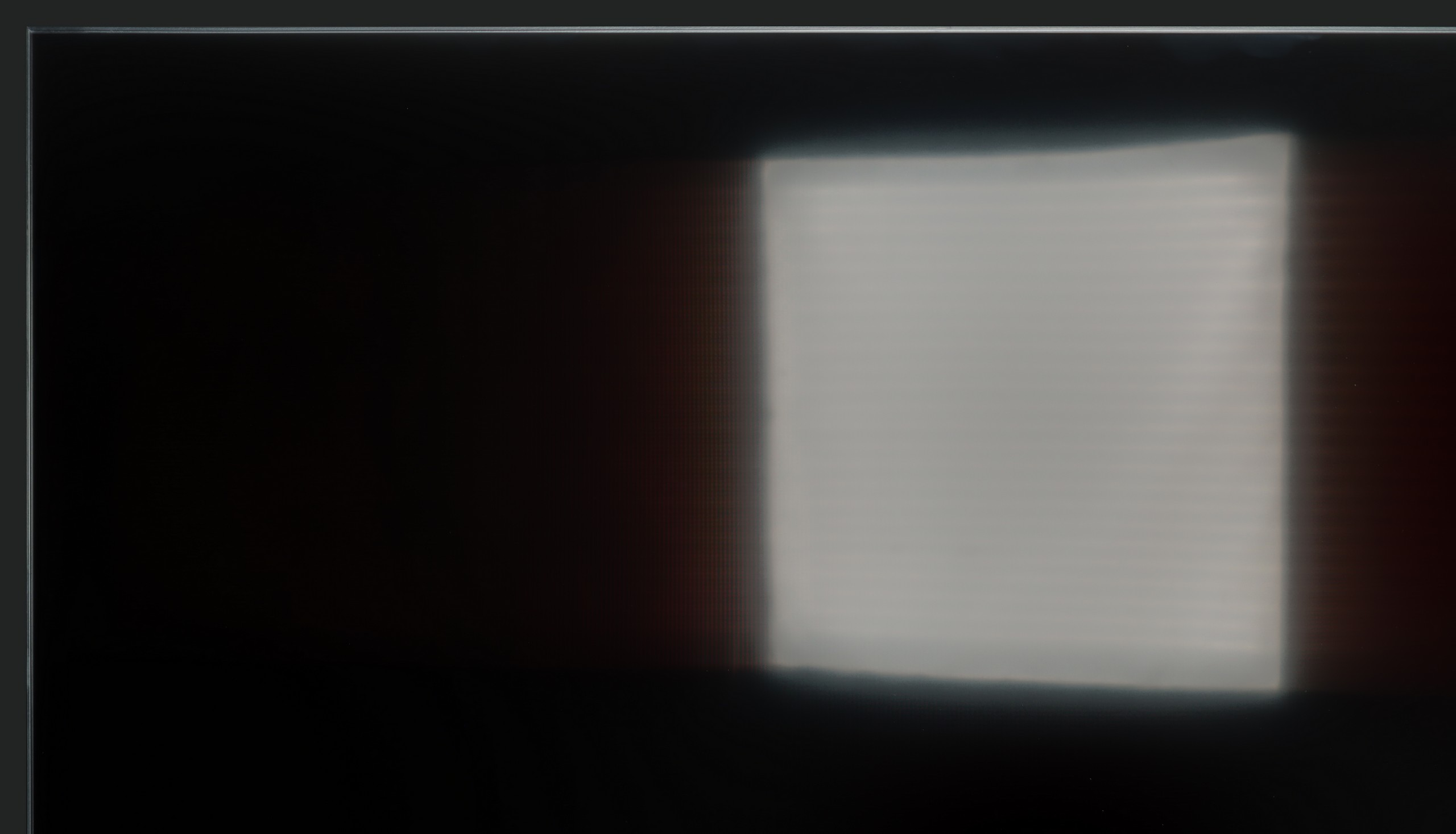

Matrix coating: Satin
Reflection suppression: Decent
Black levels during daytime: Good
TCL C6K performs quite well in bright lighting conditions. The panel offers decent brightness – in SDR content, it reaches around 550 nits, which allows for comfortable television viewing in a moderately lit living room, and even on days with strong light coming through the windows. This means that daytime viewing does not require complete darkening of the room. It's also worth noting that the screen coating does quite a good job of reducing reflections, so the television does not turn into a "mirror" even with strong lighting. However, this is not on the level of top models with more advanced anti-reflective coatings – in very challenging conditions, such as with large glazing, reflections will be noticeable.
Matrix brightness
Average luminance SDR
TCL C6K: 532 cd/m2
TCL C6K - TV features
7/10
System: Google TV
System performance: Decent
- HDMI inputs: 2 x HDMI 2.0, 2 x HDMI 2.1 48Gbps
- Outputs: Toslink (Optical audio), eARC (HDMI), ARC (HDMI)
- Network Interfaces: Wi-Fi 2.4GHz, Wi-Fi 5GHz, Ethernet (LAN) 100Mbps
- TV reception: DVB-T, DVB-T2, DVB-S, DVB-S2, DVB-C
Classic features:
Recording to USB (terrestrial TV): No
Recording programming: No
Picture in Picture (PiP): No
RF remote control (no need to aim at the screen): RF
Backlit remote control: No
Teletext: Yes
Audio only mode: Yes
Possibility to connect Bluetooth headphones to the TV: Yes
Possibility to simultaneously use Bluetooth headphones and the TV speaker: Yes
Smart features:
AirPlay: Yes
Screen mirroring (Windows Miracast): Yes
Wyszukiwanie głosowe: Yes
Voice search in native language: Yes
Ability to connect a keyboard and mouse: Yes






Multimedia Features: Google TV
The strongest aspect of the TCL C6K is undoubtedly the Google TV system. It gives the television character and provides an edge over many competitors. We have a full package of services here – from support for popular streaming apps, to screen mirroring support, and even AirPlay, allowing iPhone users to feel right at home. Additionally, it features Google Assistant (recently with the Gemini AI version), which not only answers questions but also efficiently executes simple commands, such as changing channels or searching for content on VOD services. The system operates quite responsively, although one must mention a certain drawback – the awkward translations in the Polish menu can elicit a smile but sometimes require a moment of reflection to decipher what is actually meant.
Classic Features
When it comes to classic television functions, the TCL C6K performs rather average. There is no USB recording or PiP mode, which may be disappointing for some. However, the manufacturer has not forgotten the basics – teletext television and a clear EPG are available, which still matter to some users. In everyday use, the Bluetooth support for external audio devices is also handy – a simple way to connect a speaker or headphones, which can be a practical solution for seniors. Besides that, it is hard to find elements here that would distinguish the C6K from its competitors – it is simply a solid, but standard package of basic functions.
TCL C6K - Apps
9.6/10























TCL C6K - Playing files from USB
8.9/10

| Maximum photo resolution: | Supported photo formats: |
|---|---|
The built-in media player in the TCL C6K performs really well - almost all popular file formats work without significant issues. There are indeed minor exceptions, particularly with less common codecs or unconventional video file configurations, but in everyday use, this is rarely noticeable. The biggest advantage, however, is that the television runs on Google TV, which provides complete freedom in choosing additional software. If someone encounters a file that the standard player cannot handle, it's enough to install an alternative - such as VLC - and the problem disappears.
TCL C6K - Sound
6.5/10
Supported codecs
(TV speakers)
Dolby Digital Plus 7.1
Dolby True HD 7.1
Dolby Atmos in Dolby Digital Plus (JOC)
Dolby Atmos in Dolby True HD
DTS:X in DTS-HD MA
DTS-HD Master Audio
In terms of audio, the TCL C6K performs quite well. The manufacturer has been boasting about its collaboration with the Onkyo brand for several years, and it indeed translates into sound quality. The sound is pleasant, with clear mid-tones and a fairly crisp top end, and overall it feels well-balanced. Of course, it can't replace a full-fledged soundbar, especially in terms of bass depth, but as far as built-in speakers in a television in this price segment go – it's really very good.
TCL C6K - Details about the matrix
Software version during testing: V8-T653T01-LF1V531.002396
Image processor: MT5896 2,5GB RAM
Subpixel Structure:
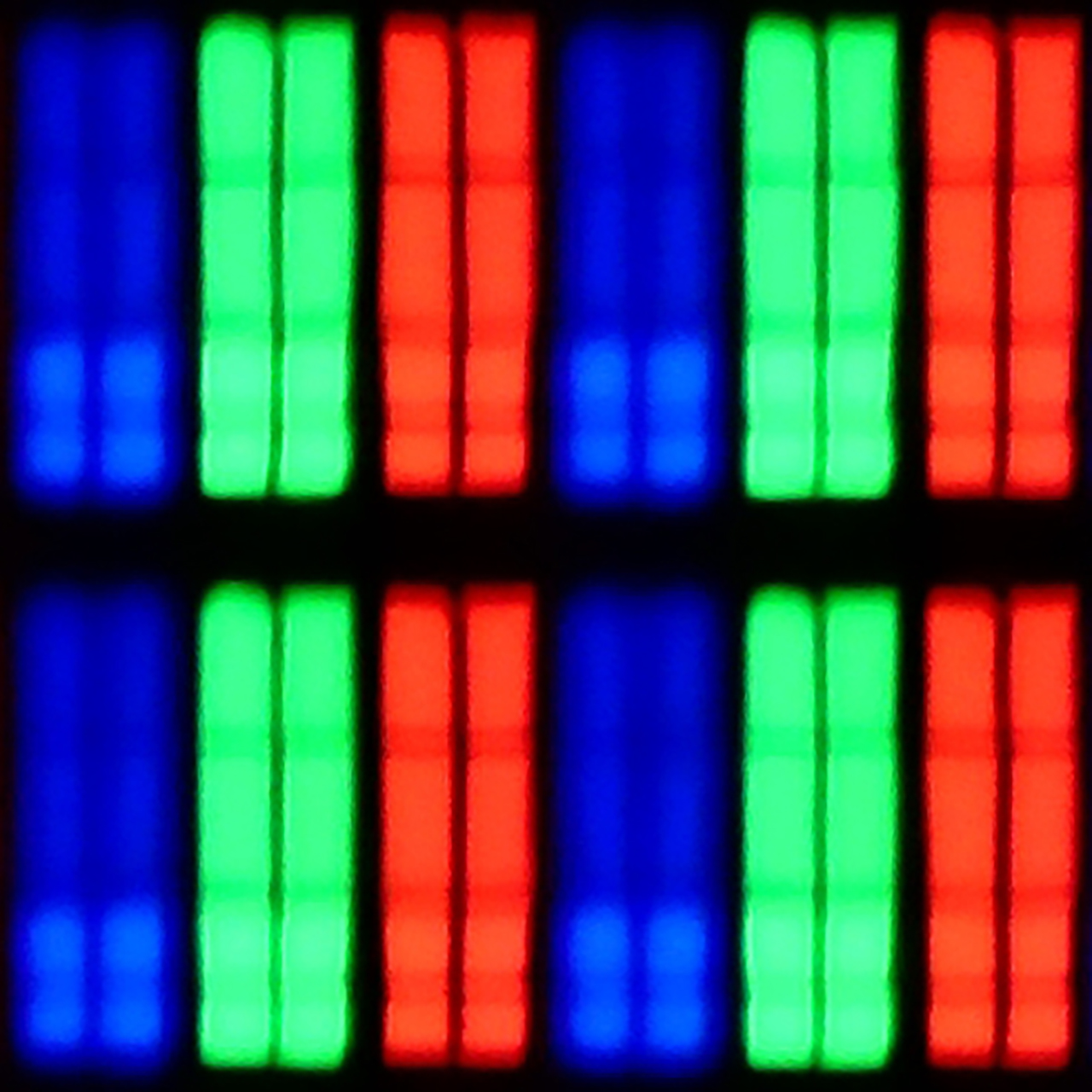
Panel uniformity:

Backlight Type: PFS LED

Founder and originator of the "ChooseTV" portal

Journalist, reviewer, and columnist for the "ChooseTV" portal
See articles related to TCL C6K:
5/13/2025










